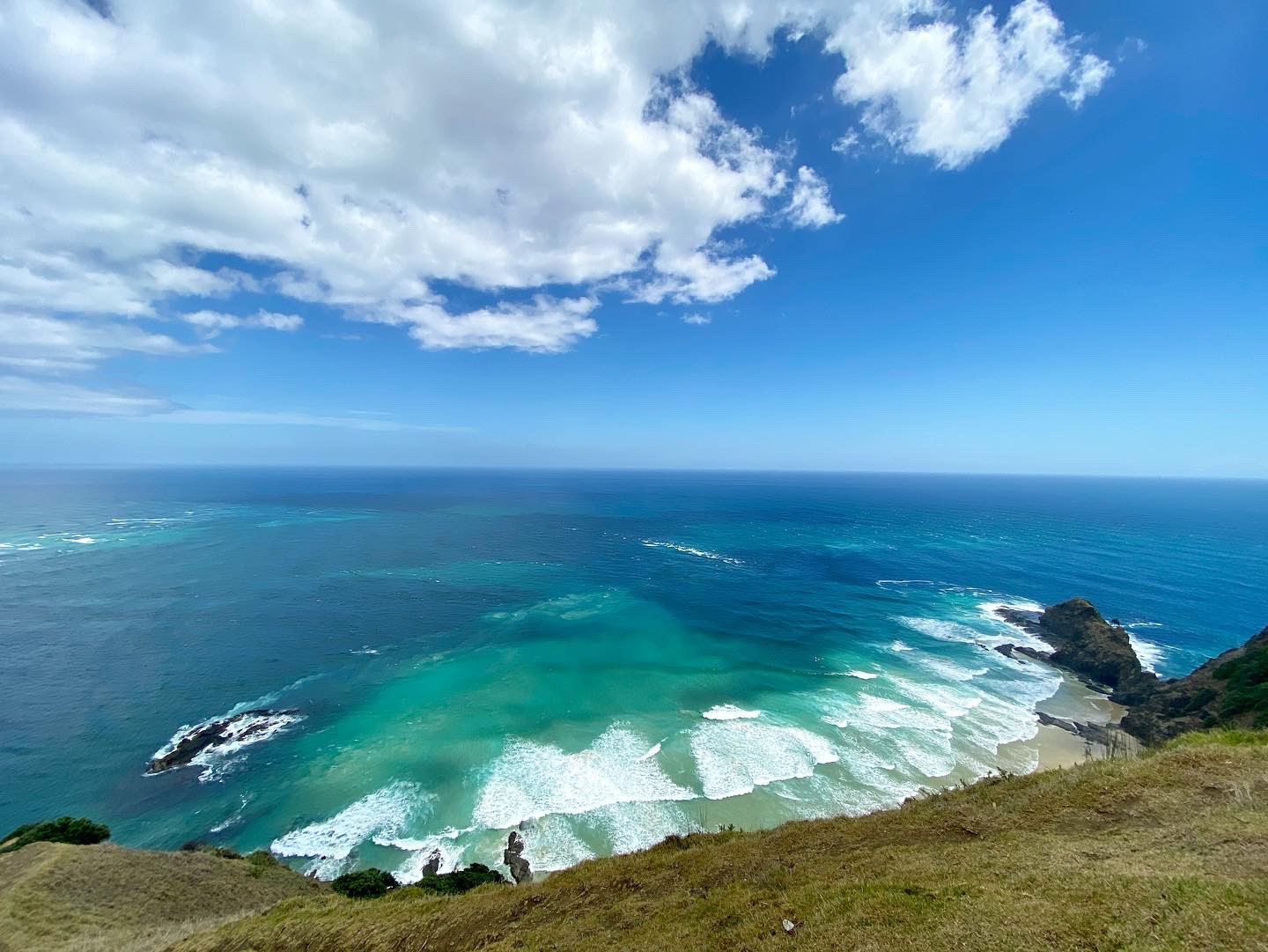Letter to the Minister of Fisheries
Help us save Coromandel scallops by signing our letter to Fisheries Minister David Parker asking him to either:
- Buy back the region’s scallop quota, or
- Close the fishery.
Based on historical data, we estimate this scallop quota would cost about $2 million to buy back – a small price to pay to stop the scallop fisheries going the same way as those in other parts of New Zealand.
SIGN YOUR NAME TO THE LETTER
Minister of Oceans and Fisheries
Parliament Buildings
Wellington 6160
[email protected]
Coromandel Scallop restoration group c/o LegaSea
[email protected]
29 January 2021
Re: Coromandel Scallop Restoration and Sustainability Plan.
Tēnā koe e te Minita,
Tenei he mihi nui kia koe i runga i tenei reta hiahia I pa ana ki te kaitiakitanga o tatou rohe Moana o Ngāti Hei, no reira.
In early December 2020 we wrote to you asking for your support in addressing scallop depletion around the eastern Coromandel Peninsula, at Kūaotunu and Opito Bays in particular. The community was asking for a voluntary ban on all harvest of scallops from the eastern side of the Peninsula. Aside from an acknowledgement from your office, we have not received any substantive response to our requests for support in addressing these concerns.
On 17 December Ngāti Hei announced a rāhui and stopped issuing permits for the customary harvest of scallops from Opito Bay. The community has since disseminated information about the rāhui and voluntary ban through local media, community and ratepayers’ groups, and via local business outlets. This communal effort was important because of the expected influx of holiday makers to the region.
The strategy has been successful in limiting non-commercial catch. Over the holiday season the community has demonstrated strong support for the rāhui, with no sightings of anyone collecting scallops from Opito Bay. There has been no indication from commercial interests that they will change their activity in response to the rāhui.
In December we also launched the citizen science survey to count current scallop numbers within Opito Bay. We are grateful to Dive Zone Whitianga who have been conducting the scallop survey on behalf of the community with the support of the New Zealand Sport Fishing Council, local NZSFC fishing clubs and LegaSea. Weather dependent, we expect to have the final survey report by April at the latest.
Ngāti Hei is currently considering the most appropriate customary management tool that can be applied to protect scallops within their rohe over the longer term. We will continue our efforts to educate the public so that they are primed and ready to support Ngāti Hei in the future.
Meantime, we highlight the community’s objection to the use of the Victorian Box Dredge to commercially gather scallops from sensitive inshore areas. These nearshore waters provide critical habitat for the successful regeneration of finfish and shellfish species. While there is so little known about the dependence of finfish on scallops, this does not mean we can discount their contribution to the success and productivity of those species.
Moreover, there are serious concerns about the environmental damage and ecological effects on other species due to the ongoing use of the Victorian Box Dredge to harvest scallops. The Coromandel Scallop Plenary (November 2019) reports the following –
“Scallops made up 26% of the catch volume. Other taxa caught were seaweeds (11%), starfish (4%), other bivalves (4%) and coralline turf (1%).”1
Given the low rate of returns in economic and fishing terms, the Coromandel Scallop restoration group advocate the environmental cost of allowing dredging to continue in Opito Bay is unacceptable. We ask you to –
1. Initiate moves to prohibit the use of the Victorian Box Dredge or any other bulk harvesting, bottom contact method to harvest scallops from Opito Bay.
2. Permit the use of commercial hand gathering and other low impact methods of harvesting scallops in selected areas.
3. Consult with the public to determine where commercial hand gathering of scallops may occur.
Thank you in anticipation of a positive response. Our contact for any correspondence or queries is Trish Rea [email protected].
Kia mau te haumanu nga taonga o Tangaroa – To respect and restore the treasures of Tangaroa.
Ngā mihi,
Signed
[/submission_letter]

